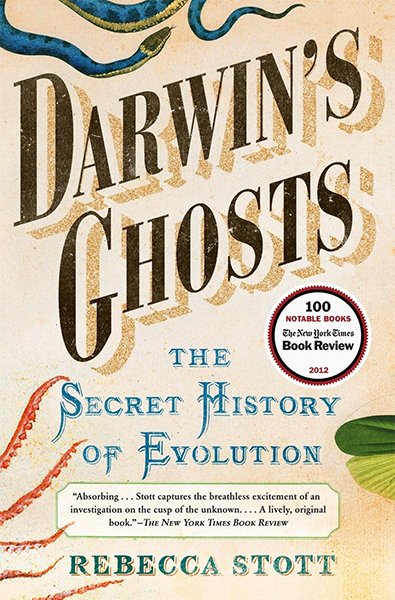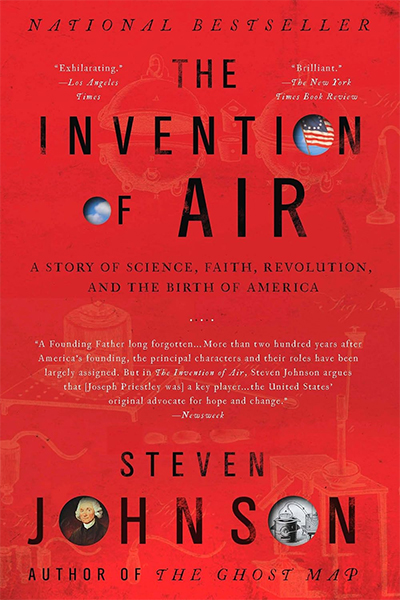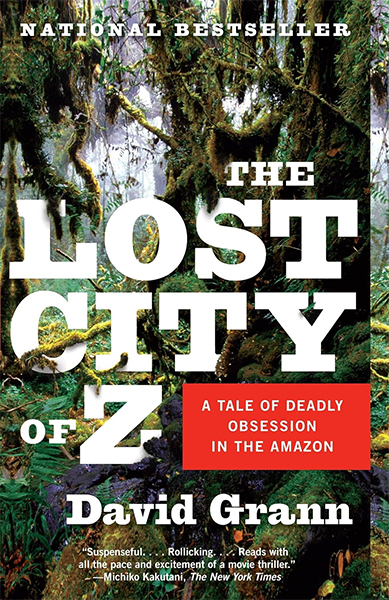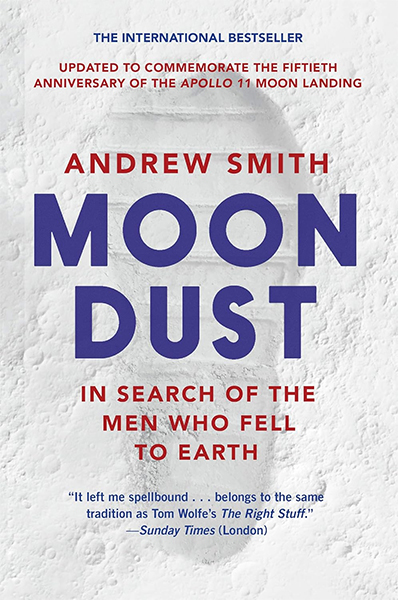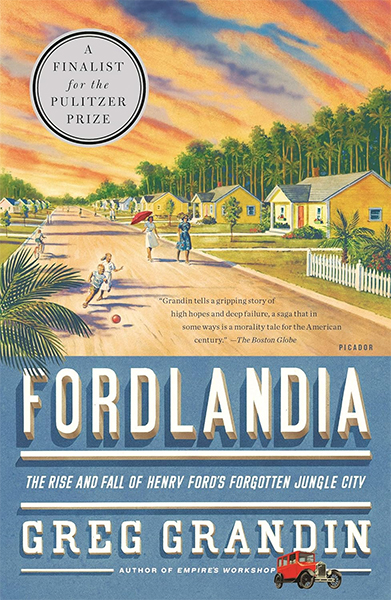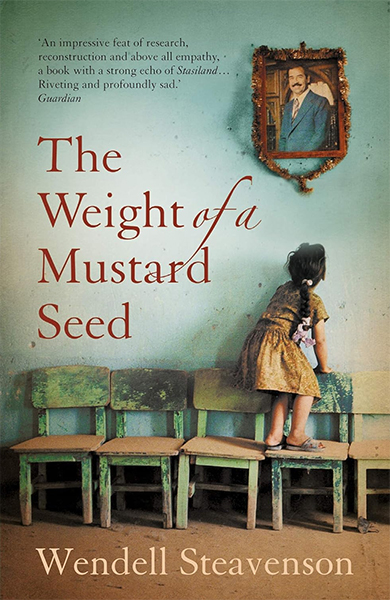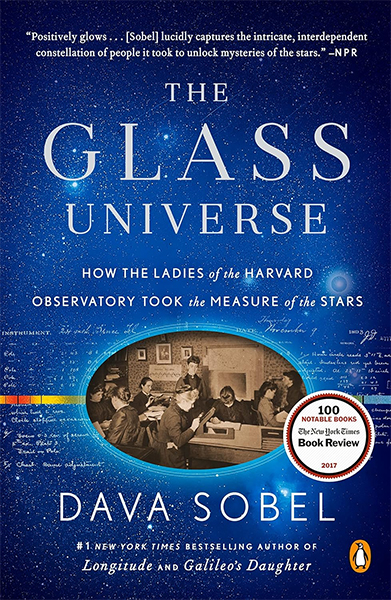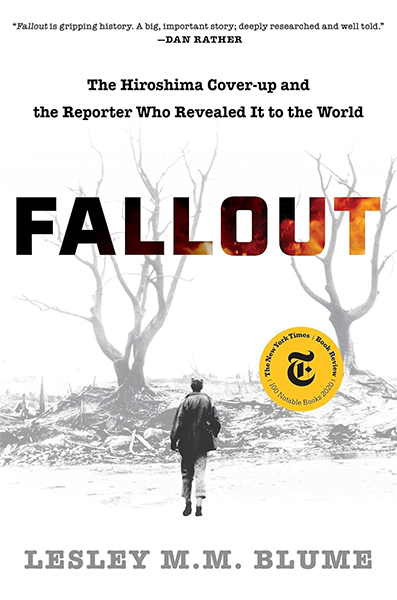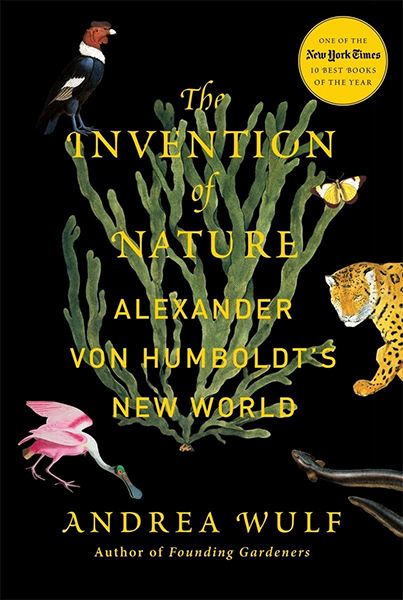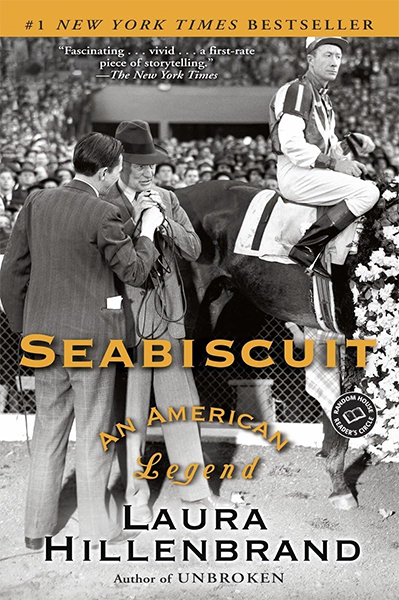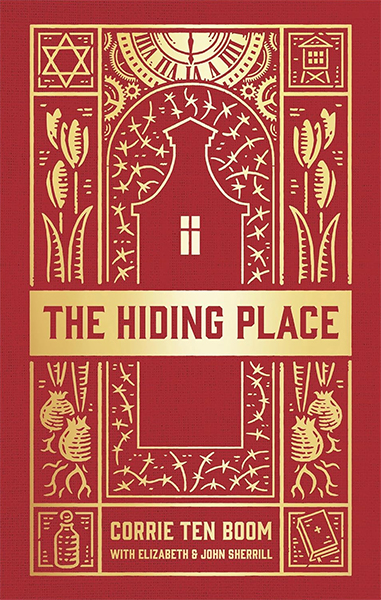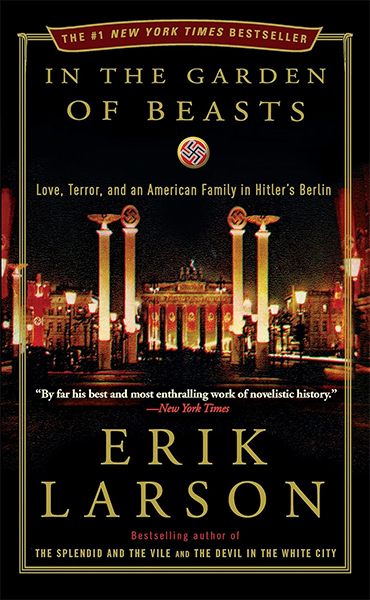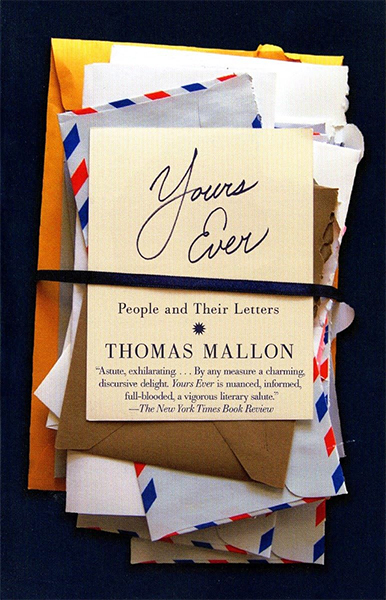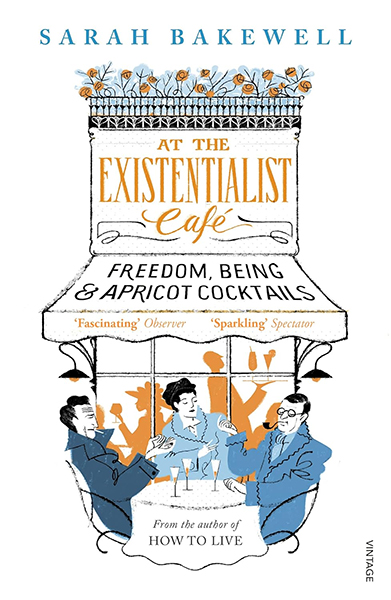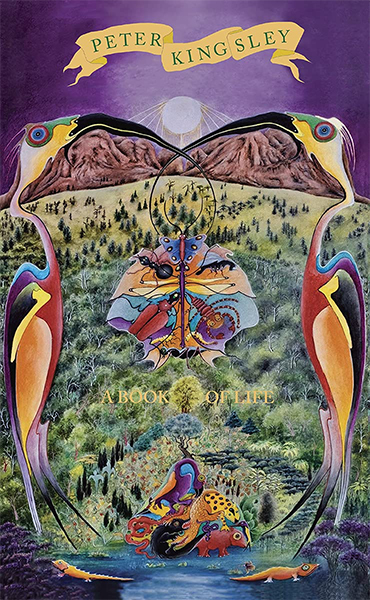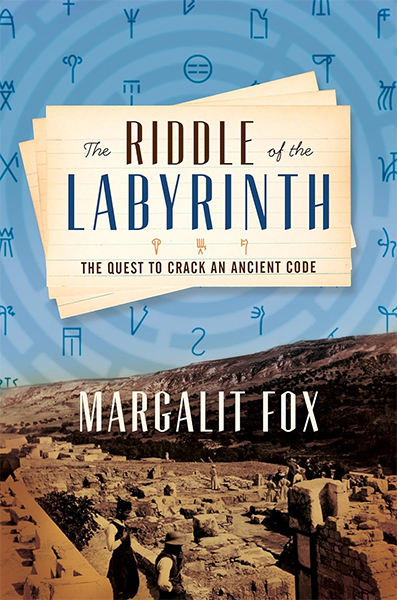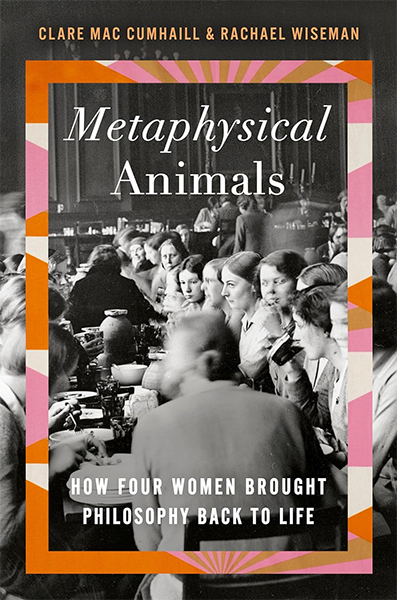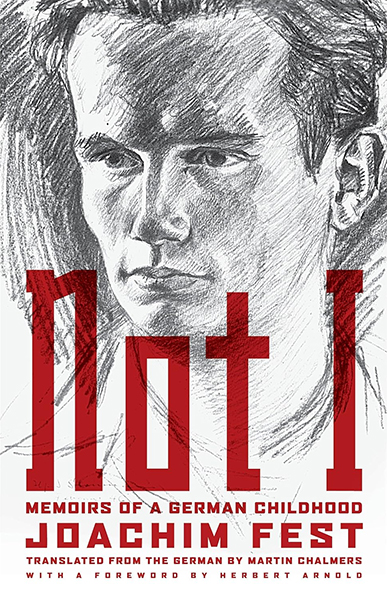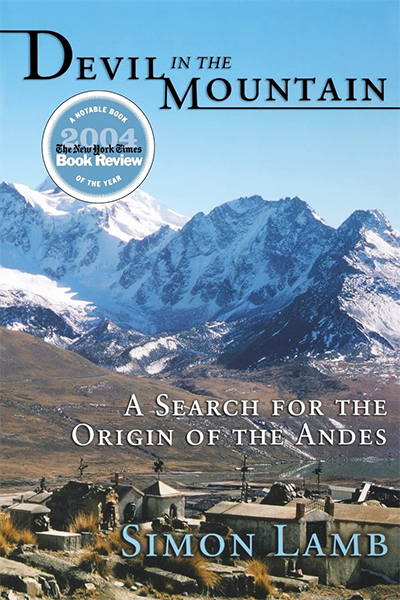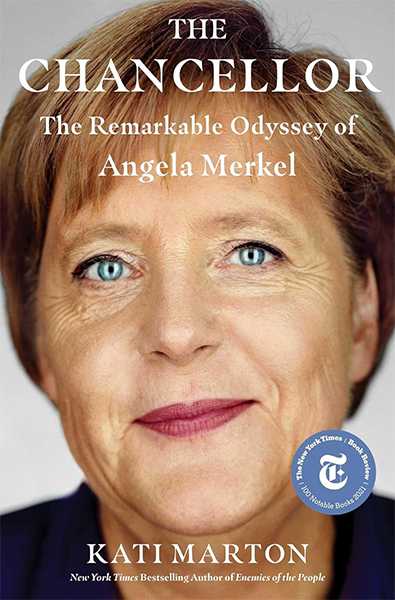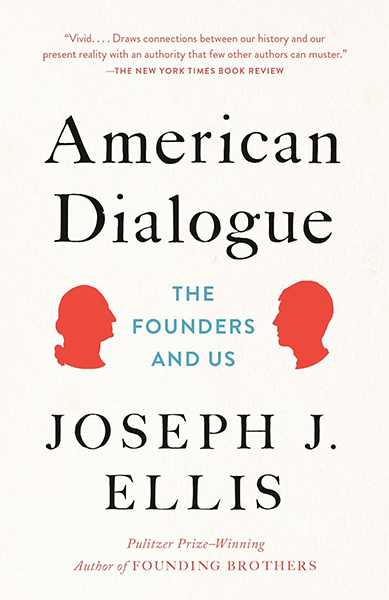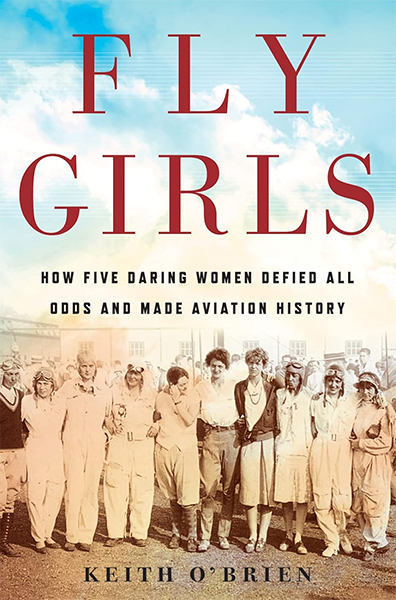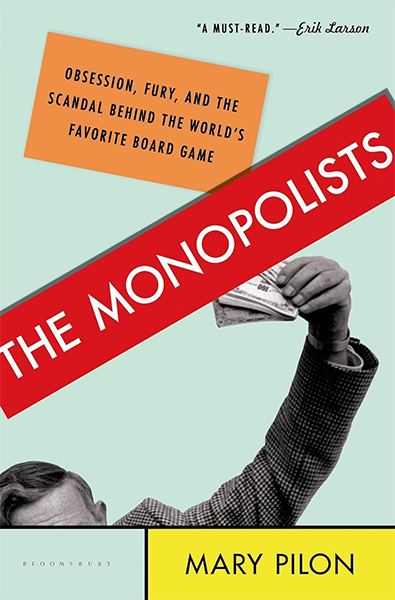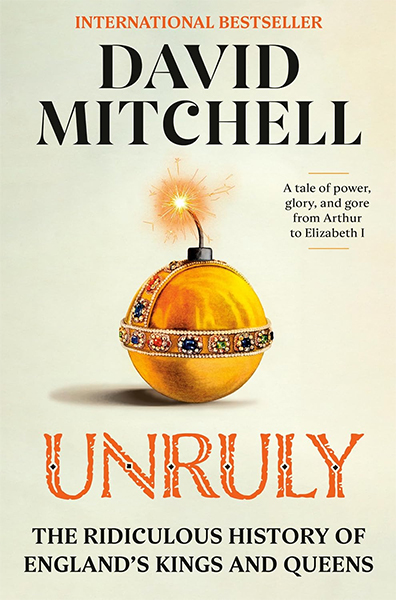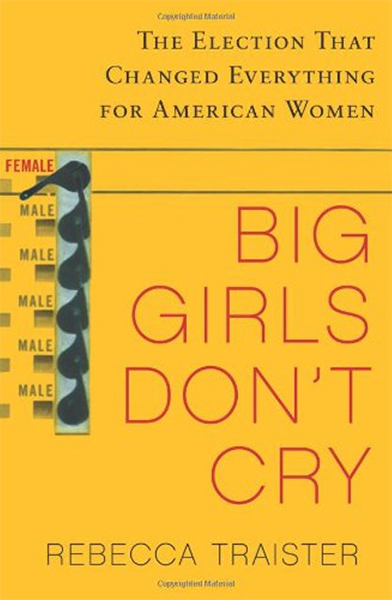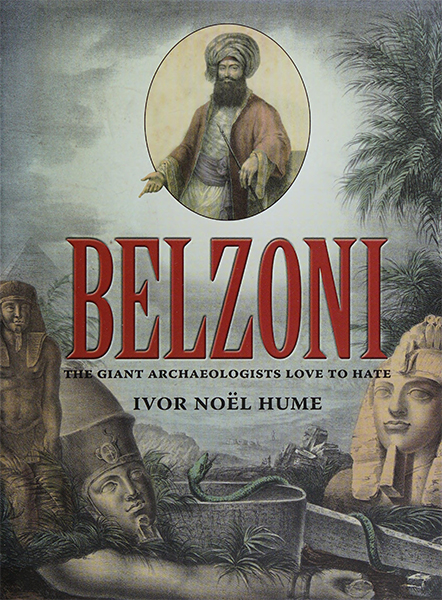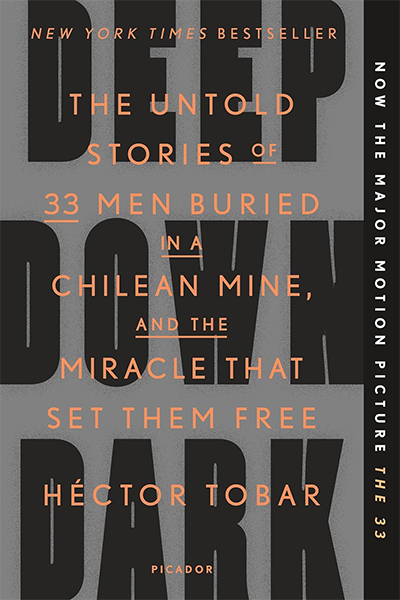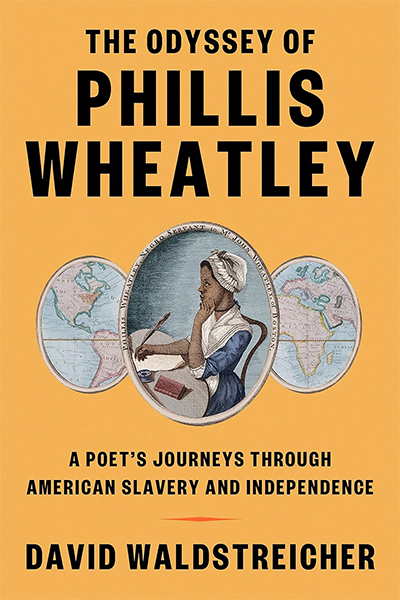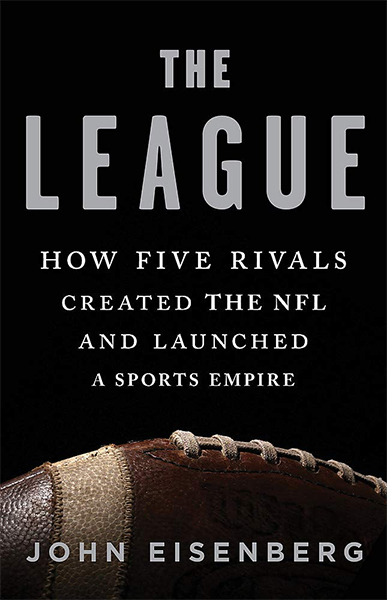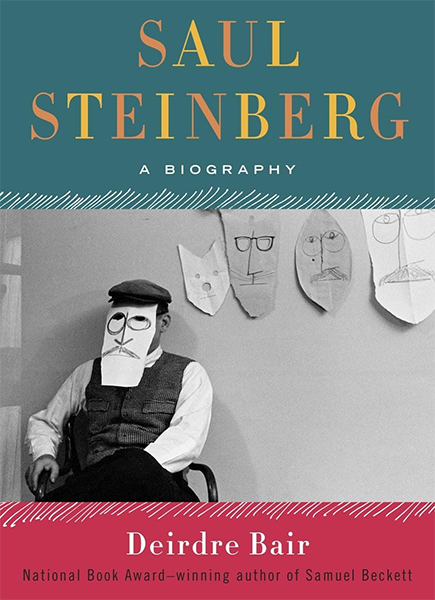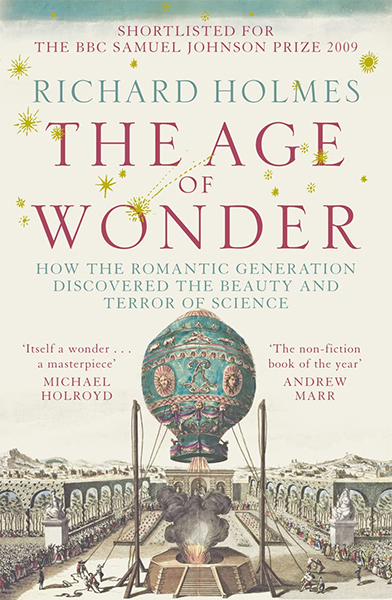
The Age of Wonder
by Richard Holmes0 ratings0 reviews
In 'The Age of Wonder', Richard Holmes paints a vibrant tableau of the late eighteenth century, where exploration and discovery blurred the lines between science and art, birthing the Romantic Age of Science. In an age dominated by fervent intellectual curiosity, we follow Joseph Banks, who dreamed of paradise on a Tahitian beach, and thereafter witness a thrilling sequence of ventures in astronomy, chemistry, poetry, and philosophy. Holmes vividly recounts the contributions of William Herschel and his sister Caroline, who radically altered perceptions of the cosmos, and Humphry Davy, whose daring chemical experiments revolutionized his field. Anchored by these trailblazers, the narrative expands to encompass the inspired works of Romantic writers whose imaginations were fired by the era’s scientific advancements. Holmes encapsulates the exhilaration of discovery—a time when science's endless potential was met with both rapture and trepidation—and details how the pursuit of knowledge in solitude often resulted in groundbreaking insights that shaped both the past and our present.
- History
- Biography
- Non-Fiction
- Exploration
- Romanticism
- Innovation
- Science
